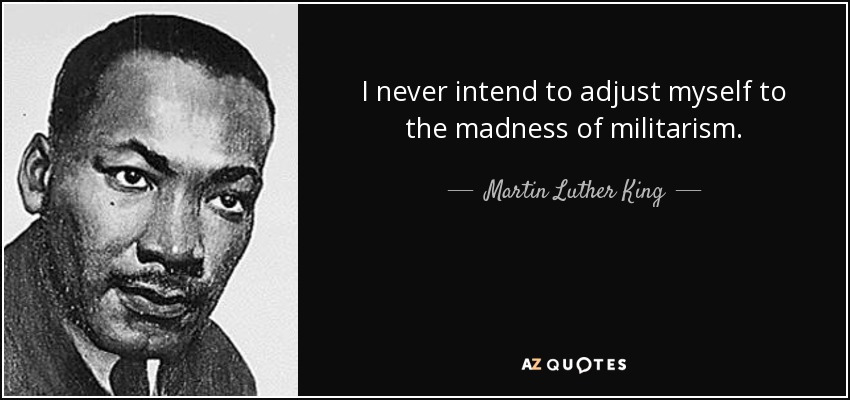By: Christina Sheleheda
Beaver County Times
April 24, 2017, MONACA -- For national peace activist Kevin Martin, the current state of our country can be best described with one word: Resolute.
Martin, along with Michael McPhearson, national executive director of Veterans for Peace; and Nancy O’Leary, president of the Beaver County Peace Links, hosted Prospects of War, the Need for Peace, Saturday at the Community College of Beaver County’s Health Sciences Center.
Presenting to a group of about 50 people, Martin, who currently serves as the national president for Peace Action, kicked off the event, which was hosted by the Beaver County Peace Links. He asked the audience to say how they felt regarding the current administration.
“Scared.”
“Disappointed.”
“Hopeful.”
Having devoted over 30 years to peace activism, Martin believes the election simply drove a deeper wedge into an already divided country.
“We were divided before the election,” Martin said. “The contradictions of election are fascinating to me.”
Martin explained that three “evils” that have been discussed for decades – racism, militarism and economic exploitation – were first cited in Dr. Martin Luther King’s April 4, 1967 speech.
“My assertion,” Martin said, “is that militarism is the one that’s the worst of our society.”
Militarism is defined as “the belief or desire of a government or people that a country should maintain a strong military capability and be prepared to use it aggressively to defend or promote national interests.”
“Progressives often link all struggles together. They list every progressive struggle, but won’t list peace and anti-war discernment, and I have a real problem with that,” Martin said. “We are not going to win if we don’t overcome militarism. That’s where all of our money goes. Not to economic or social justice issues, and certainly not to the environment,” Martin said.
Martin, who grew up in Lancaster, Pa., had both his father and uncle serve in the United States Air Force. He does not believe opposing militarism correlates with being anti-American.
“If you understand militarism as a problem, weapons, nuclear bombs, etc., that is separate from members of our military. [Militarism] has nothing to do with individuals in the military; their service is incredible. I believe that forced patriotism is coercive,” Martin said.




